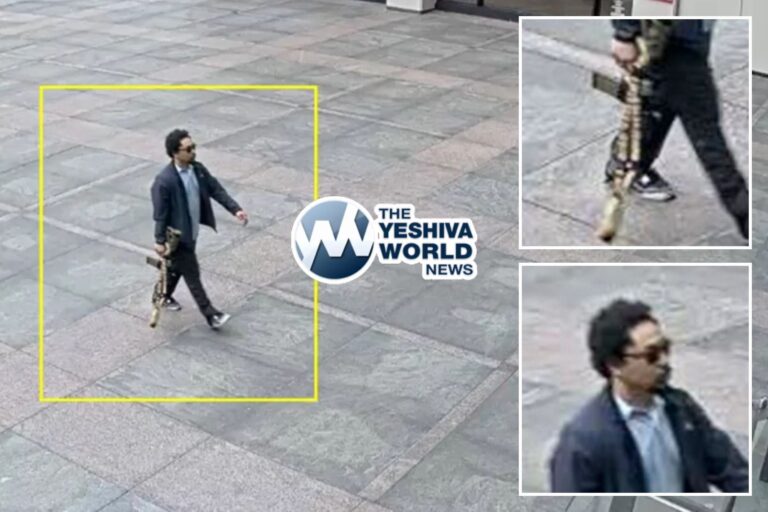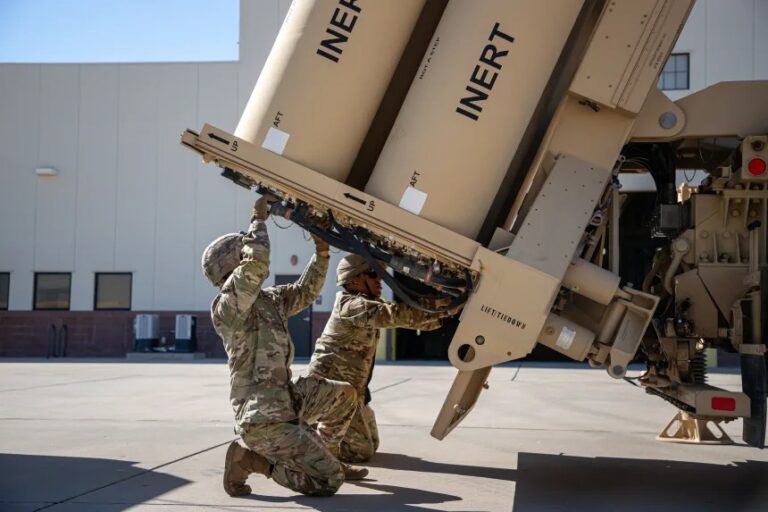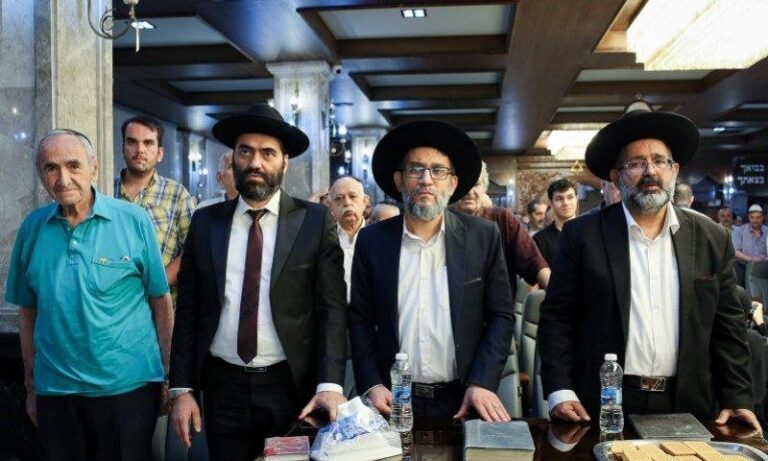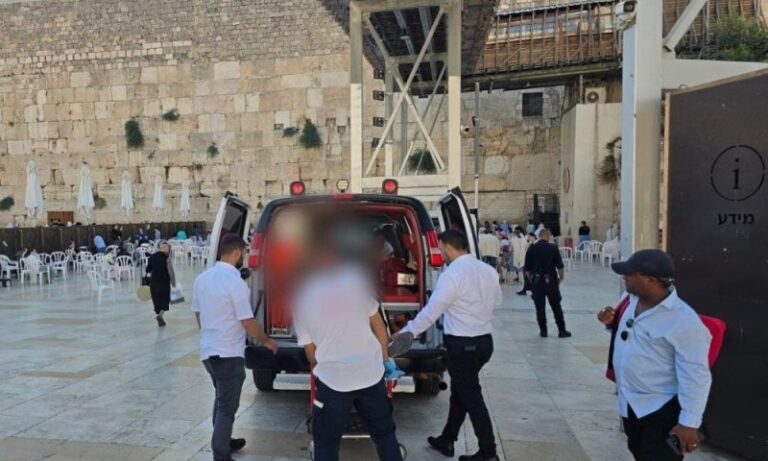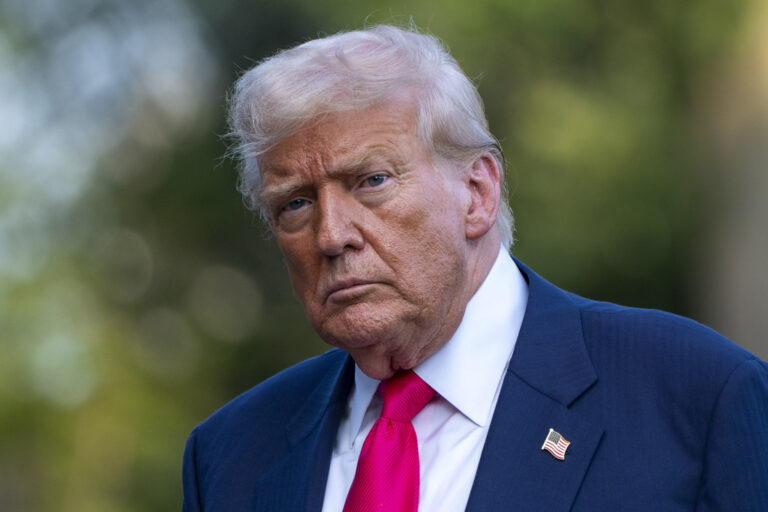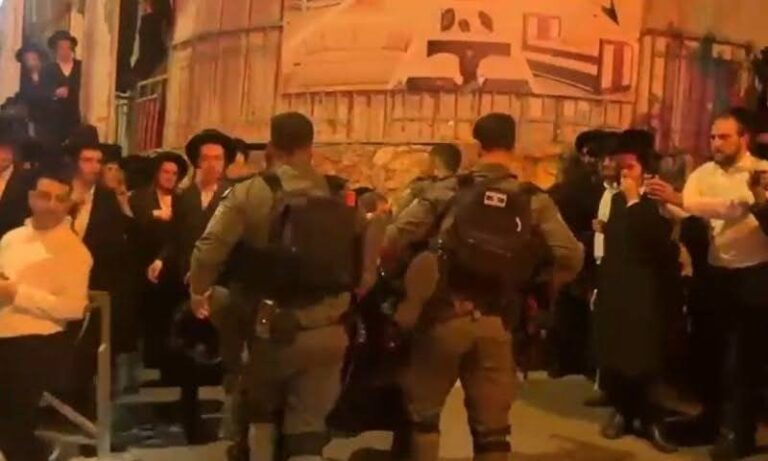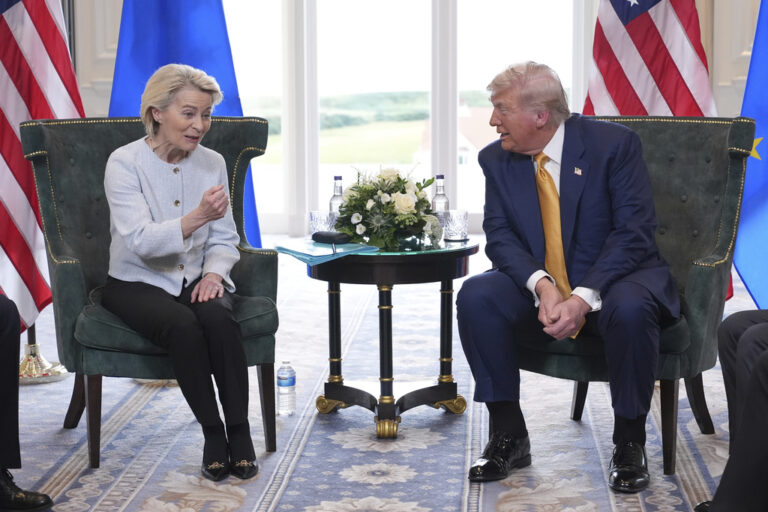 The British Parliament is set to decide Wednesday whether to take more aggressive action against Islamic State extremists even as U.S. officials announced additional forces would be sent to the region as part of a global push against the radical group.
The British Parliament is set to decide Wednesday whether to take more aggressive action against Islamic State extremists even as U.S. officials announced additional forces would be sent to the region as part of a global push against the radical group.
The British vote would authorize the Royal Air Force to launch airstrikes against suspected IS positions inside Syria, allowing it to take a more active role in the U.S.-led coalition seeking to weaken the militants held responsible for recent attacks in Paris, Beirut, Egypt and elsewhere.
Prime Minister David Cameron, confident of winning approval, has accused legislative opponents of sympathizing with terrorists. That has sparked a backlash, particularly in the opposition Labour Party, whose leader, Jeremy Corbyn, opposes any expansion of the military role.
A bruising debate began Wednesday morning in Parliament, with a vote expected late in the evening after more than 10 hours of discussion. Attacks may start within days if authorized by Parliament.
The British vote marks another step in building an international consensus on how to address the problem of the Islamic State group — something that had not been possible before the bombing of a Russian jetliner over Egypt and the Paris attacks, said Jill Sargent Russell, an expert on warfare politics and strategy at King’s College London.
The widening political consensus creates a real chance that “something sensible can be done and achieved.” If Britain does vote to take part in the coalition, it will give the country a place at the table when political solutions are created, she said.
“What matters is the U.K. being part of this political shift,” she said.
The British debate comes as U.S. officials told Congress that the U.S. would put American combat troops on the ground in a more permanent role in Iraq and Syria.
Defense Secretary Ash Carter said Tuesday that the U.S. military will deploy a new special operations force to be sent to to Iraq to step up the fight against IS militants.
President Barack Obama had previously announced he was sending fewer than 50 special operations forces to Syria, but Carter said the new expeditionary force will be larger. He did not provide force strength details.
Carter said the force will be able to conduct raids, free hostages, gather intelligence and capture IS leaders. It would also be in position to conduct unilateral operations into Syria.
“This is an important capability because it takes advantage of what we’re good at,” he said. “We’re good at intelligence, we’re good at mobility, we’re good at surprise. We have the long reach that no one else has. And it puts everybody on notice in Syria. You don’t know at night who’s going to be coming in the window. And that’s the sensation that we want all of ISIL’s leadership and followers to have,” he said, using a different acronym for Islamic State.
Iraqi Prime Minister Haider al-Abadi said after Carter’s announcement that his security forces are capable of defeating Islamic State extremists without the help of foreign combat troops.
But he said foreign troops might be accepted in the future if they respect Iraqi sovereignty, cooperate fully with the Iraqi government, and have its approval.
(AP)

